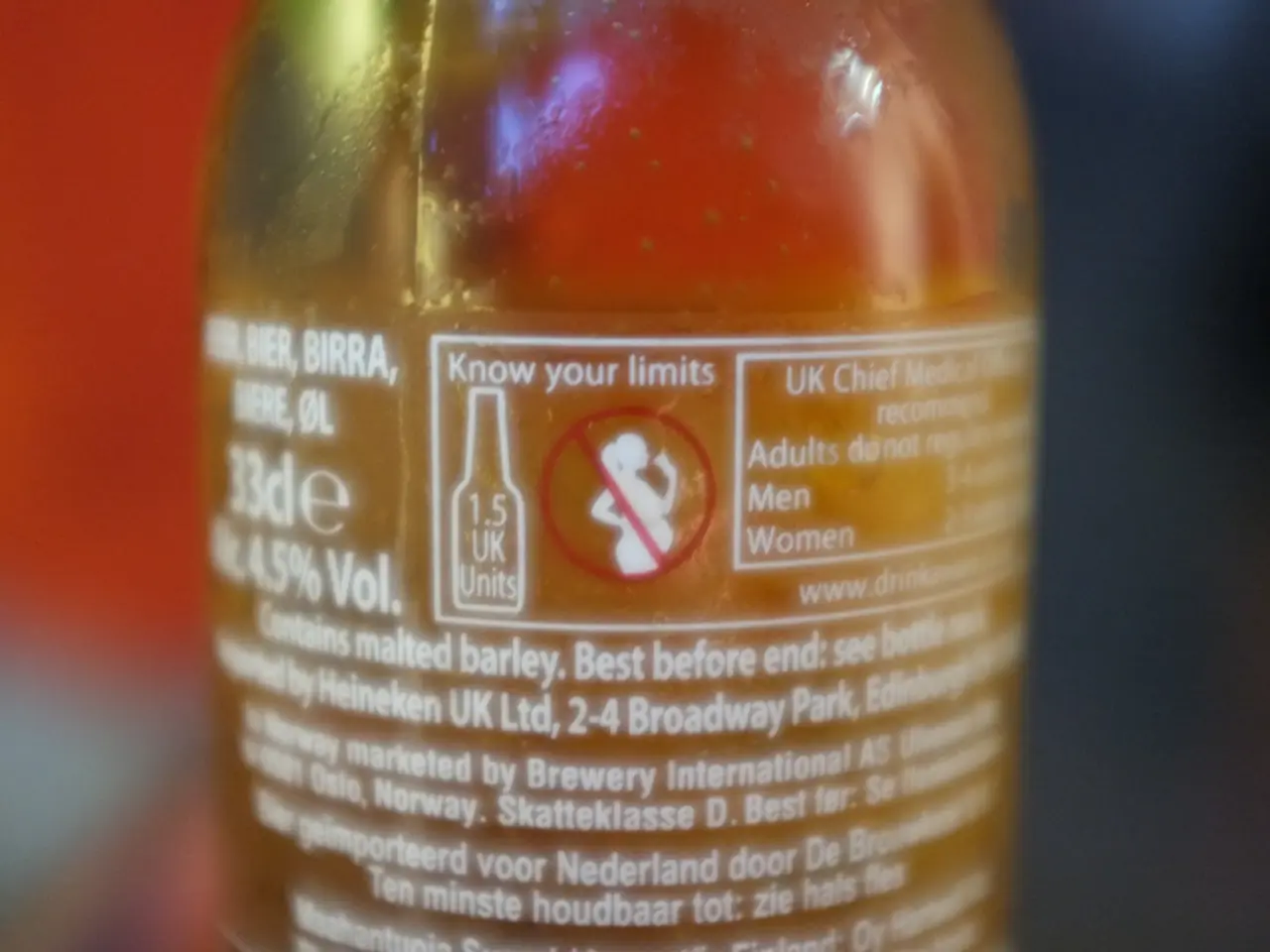IV Hydration Clinics' Boom Raises Safety Concerns
IV hydration clinics, a booming $15 billion wellness industry, face concerns over safety and regulation. While four states maintain robust oversight, many clinics may lack proper training and could be practising medicine without realising it. A secret shopper study revealed alarming gaps in patient safety and informed consent.
IV hydration spas offer treatments for various conditions, with clients paying hundreds of dollars for vitamin drips. However, a significant number of clinics analysed do not require a medical consultation beforehand or warn about potential side effects. Over half of the clinic websites reviewed do not mention potential risks or provide tangible health claim sources.
The potential for injury is real, with risks including contaminated products or improper IV administration. Despite this, the industry operates with minimal oversight, lacking data to support its claims. There are no federal health regulations or national standards for med spas, which fall under state authority. As of June 2024, no state or jurisdiction had enacted legislation specifically to regulate IV hydration spas. The National IV Nutrition Association (NIVNA) represents providers of IV hydration spas but has not addressed these safety concerns.
With the IV hydration spa industry growing rapidly, it is crucial for states to enact regulations ensuring patient safety and informed consent. Clinics must provide adequate training, conduct medical consultations, and clearly communicate potential risks to their clients.
Read also:
- Americans Lose Insurance Under New Tax Legislation, Affecting 10 Million Citizens
- Pro-Life Group Condemns FDA's Approval of Generic Abortion Drug
- Trump Signs Law Defunding Planned Parenthood, Threatening Healthcare Access for Millions
- Historian Ute Frevert Explores Germans' Emotional Bond With Constitutions







